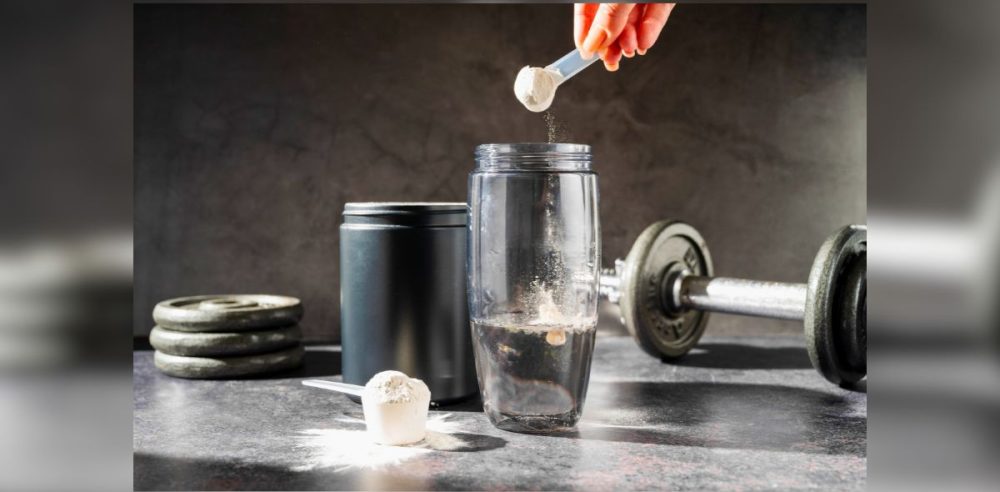The increasingly mainstream supplement creatine may have more benefits than initially thought. A new study says it can help the brain manage the effects of sleep deprivation.
Once a compound mostly reserved for the bodybuilding and powerlifting community, creatine has increasingly entered mainstream consciousness, in part because of its perceived cognitive benefits. Now, a study shows that taking a large supplement dose could effectively help battle the adverse effects of a lack of sleep.
Researchers found that when patients consumed a high dose of creatine after a night without sleep, they experienced improved cognitive performance and saw energy levels stabilize. The findings are particularly notable since creatine is typically only considered effective after taking the supplement for weeks or even months.
When we sleep, our brain is given the opportunity to replenish its energy stores, known as ATP, that are consumed during waking hours. When sleep is deprived, the brain struggles to run optimally.
Creatine, found naturally in muscle and brain cells, is instrumental in regenerating ATP. This ensures the brain has steady access to adequate energy. However, the brain can only absorb so much creatine from the bloodstream. This has resulted in the belief that the supplement is only effective if administered for weeks, allowing brain creatine levels to increase meaningfully.
In the latest study led by Ali Gordji-Nejad, a neuroscientist at Forschungszentrum Jülich in Germany, a single high dose of creatine was given to see if it could help sleep deprivation.
Researchers looked at the results of 15 healthy volunteers who had to remain awake for 21 hours while undergoing brain scans and completing cognitive tests.
Participants were divided into two groups: the first group received a placebo, while the second group received 0.35 grams of creatine per kilogram of body weight, which is about 25 grams for a person weighing approximately 154 lbs.
For perspective, people who supplement long-term with creatine usually consume around three to five grams per day.
Compared to the placebo group, those who took creatine displayed improved memory, faster reaction time, and better problem-solving skills. The dose was found to help stabilize levels of the key energy molecule phosphocreatine. It also appeared to have blunted a pH drop, which indicates energy depletion.
The researchers say the effects peaked around four hours after the dose and lasted up to nine hours.
Despite the novel findings, experts warn that more research is needed, especially given the small sample size used in the study.


